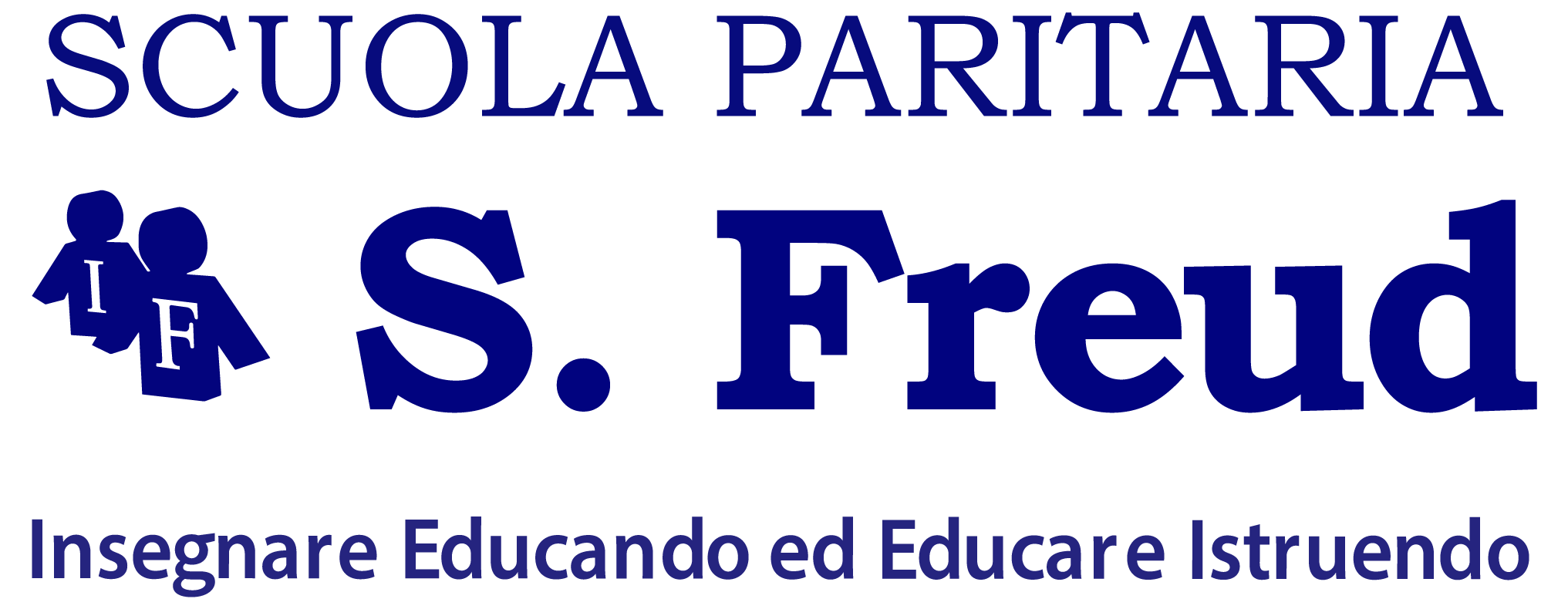21 aprile 2020
On April 22, 2020, the newspaper of “St. Michael Parish of Nerviano” talks about the S. Freud Private School in Milan and the important results achieved in two months of implementation of Distance Learning, due to suspension of in-presence activities for Coronavirus.
The institute, together with all the teachers and staff, quickly reorganized all its didactics in a structured manner in order to ensure pupils' “Right to Study” and a continuity in the conduct of programs and educational activities.
All activities carried out are recorded and accounted for, in order to demonstrate the work done and validate the school year.
The Legal Representative of the Institute, Dr. Daniele Nappo, interviewed by ANSA (National Associated Press Agency) publishes the outcome of the monitoring conducted internally at the school he founded, to detect functionality and satisfaction with the DISTANCE EDUCATION activated at Freud.
The results of what is being done by the Freud School paint a very encouraging picture for the entire sector of the Institute's educational community: students, parents and families.
Here is the article at the link https://www.parrocchia-sanmichele-neviano.it/didattica-a-distanza-lesperimento-dellistituto-freud/
Distance learning due to the Coronavirus emergency is working: students are learning the lessons and teachers have found the right ways to interrelate. However, there remain some critical issues including the initial difficulty in the new approach and a sense of bewilderment and sometimes fear if not anguish among the gradually diminishing youth. This is what emerges from a focus of the “Freud” high school in Milan.
In particular, a monitoring to understand the effectiveness of e-learning tools says that in about two months the results are “very encouraging”: 97 percent of online lessons have been taken by 650 students, 98 percent of students are in touch with remote activities, 99 percent of teachers are satisfied with the online activities conducted so far as well as almost all families consider themselves happy with the tools and teaching used. However, initially a generation of children who can be called digital natives had, somewhat surprisingly, some technical-information problems: a characteristic, but understandable here, more pronounced in the teaching staff that required additional ad hoc training. Above all, however, the “discomfort” manifested itself in the lack of direct relationship with teachers and there emerged “fear of not succeeding and a performance anxiety connected with an understandable anxiety about the future.”
“We found ourselves in the need to build a new way of ‘doing school’ and there is a lack of the personal relationship that is the vehicle of knowledge,” explained Director Daniele Nappo. "Distance education has changed the order of schooling, so it was necessary to reconsider perspectives and change the approach to processes. The evaluation in itinere has been computed on the progress of educational programming and the Plan of Educational Offerings in which the projects are included, to better assess the need to change the implementation specifications or even the original project model, still to connect the activities of those who are engaged in the concretization of the training project."



